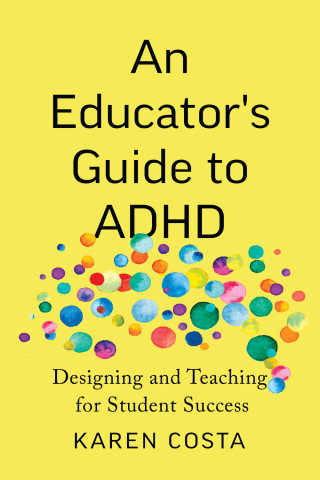
Reviews
Laplanche's work is much more accessible than Jacques Lacan's; is it too much to hope that his brilliant work will help to reconcile American intellectuals to rigorous speculative thought?
Laplanche's work is much more accessible than Jacques Lacan's; is it too much to hope that his brilliant work will help to reconcile American intellectuals to rigorous speculative thought?
Book Details
Translator's Introduction
Introduction
Chapter 1. The Order of Life and the Genesis of Human Sexuality
Chapter 2. Sexuality and the Vital Order in Psychical Conflict
Chapter 3. The Ego and the Vital Order
Translator's Introduction
Introduction
Chapter 1. The Order of Life and the Genesis of Human Sexuality
Chapter 2. Sexuality and the Vital Order in Psychical Conflict
Chapter 3. The Ego and the Vital Order
Chapter 4. The Ego and Narcissism
Chapter 5. Aggressiveness and Sadomasochism
Chapter 6. Why the Death Drive?
Conclusion
Appendix: The Derivation of Psychoanalytic Entities
Notes
Index of Freudian Terms






